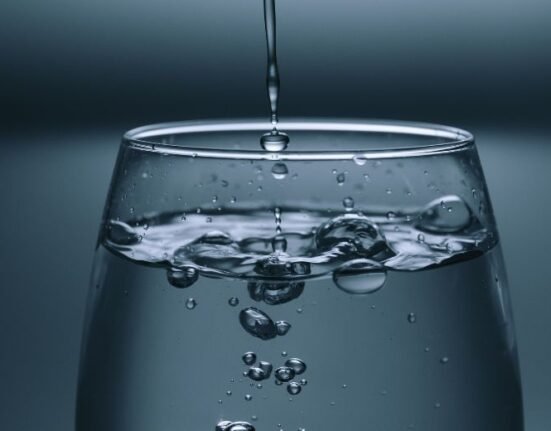HQ team
August 26, 2023: A new study conducted by Belgian researchers has raised concerns about the safety of so-called “eco-friendly” paper drinking straws. The study, the first of its kind in Europe and the second globally, has revealed that many of these straws contain poly- and perfluoroalkyl substances (PFAS), synthetic chemicals known for their potential health risks.
The study, published in the peer-reviewed journal Food Additives and Contaminants, examined 39 different brands of straws, including those made from paper, bamboo, glass, stainless steel, and plastic. The researchers discovered that PFAS were present in the majority of the straws tested, with the highest levels found in those made from paper and bamboo.
PFAS presence
PFAS are commonly used in various products, such as outdoor clothing and non-stick cookware, to provide resistance to water, heat, and stains. However, these chemicals have been linked to potential harm to human health and the environment. Due to their extremely slow breakdown, PFAS have earned the nickname “forever chemicals.” Health problems associated with PFAS exposure include lower vaccine response, lower birth weight, thyroid disease, elevated cholesterol levels, liver damage, kidney cancer, and testicular cancer.
Dr. Thimo Groffen, an environmental scientist at the University of Antwerp and a researcher involved in the study, commented on the findings: “Straws made from plant-based materials, such as paper and bamboo, are often advertised as being more sustainable and eco-friendly than those made from plastic. However, the presence of PFAS in these straws means that’s not necessarily true.”
While the concentrations of PFAS detected were generally low, and the immediate health risk from using these straws occasionally is limited, the cumulative effects of PFAS exposure over time remain a concern. Dr. Groffen highlighted that even small amounts of PFAS can contribute to the overall chemical load in the body.
Source of PFAS
The study’s findings also raise questions about the sources of PFAS in these eco-friendly straws. It’s unclear whether the chemicals were intentionally added by manufacturers for water resistance or if they resulted from contamination during the production process. Potential contamination sources include the soil where plant-based materials were grown and the water used in manufacturing.
One of the most significant takeaways from the study is that the presence of PFAS challenges the perception that paper and bamboo straws are fully biodegradable and environmentally safe. In contrast, stainless steel straws, which showed no detectable PFAS, were suggested as a safer alternative.
Dr. Groffen concluded: “The presence of PFAS in paper and bamboo straws shows they are not necessarily biodegradable. We did not detect any PFAS in stainless steel straws, so I would advise consumers to use this type of straw—or just avoid using straws at all.”
This study serves as a reminder that even seemingly eco-friendly options warrant careful scrutiny to ensure they align with the goals of both environmental protection and public health.





